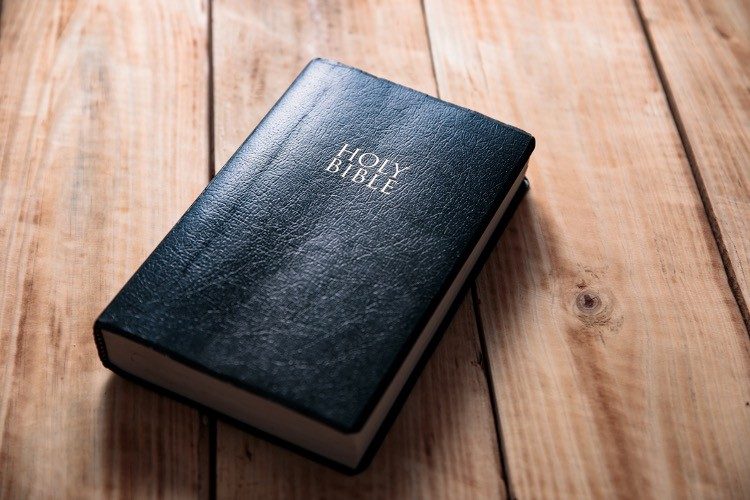
British prosecutors declared recently that certain Bible passages are “no longer appropriate” to be uttered in public.
“There are references in the bible which are simply no longer appropriate in modern society and which would be deemed offensive if stated in public,” lawyers from the Crown Prosecution Service (CPS) told the court.
The statement occurred in the course of CPS’ prosecution of street preacher John Dunn for the alleged crime of offending two lesbians by quoting Scripture to them.
Despite having lost his voice box to throat cancer, Dunn, 55, preaches regularly on the streets of Swindon, a town in southwestern England.
According to Christian Concern, whose legal arm represented Dunn:
On 1st November 2020, Mr. Dunn was preaching when two women walked past holding hands. Mr. Dunn said: “I hope you are sisters.” They replied that they were in a same-sex marriage.
In line with biblical beliefs on human sexuality, Mr. Dunn said out of genuine concern for the women that: “It says in the Bible that homosexuals will not inherit the kingdom of God,” which is a verse from 1 Corinthians 6.
“When I preach, I only ever say what is in the Bible,” said Dunn. “When they told me they were in a same-sex marriage, I was concerned for them. I had to communicate the consequences of their actions based on what the Bible says. I wanted to warn them, not out of condemnation, but out of love. I wanted to them to know that there is forgiveness through the love of Jesus.”
The women reported the incident to the police, alleging that Dunn “shouted that [they] would ‘burn in hell’ and called one of them a ‘devil woman,’” reported the Northern Ireland-based News Letter. Dunn denied having said either; and, of course, he couldn’t possibly have shouted anything given his lack of a larynx.
After a voluntary interview with the police, Dunn was charged under the Public Order Act.
“The Crown alleged that he was guilty … of hate speech because he had ‘offended’ and ‘upset’ a member of the public,” wrote Christian Concern. “However the law requires that a defendant ‘uses threatening or abusive words or behavior, or disorderly behavior’ and this must be ‘within the hearing or sight of a person likely to be caused harassment, alarm or distress thereby.’”
Dunn’s attorneys countered that both the interview and the subsequent prosecution were illegal under the European Convention on Human Rights, which protects freedom of religion and expression.
CPS, however, insisted that Dunn’s prosecution was both “necessary” and “proportionate” to his alleged offense. Then it made its disparaging remarks about the Bible.
CPS tried to bolster its case against the Good Book by listing additional verses that could “cause harassment, alarm or distress,” such as “material recognizing slavery (Exodus 21:7), the death sentence (Exodus 35:2 and Leviticus 24:16) and cannibalism (Deuteronomy 28:27).”
It is true that Exodus 21:7 allows for slavery and that Exodus 35:2 and Leviticus 24:16 call for capital punishment for religious offenses. These passages may be uncomfortable even for Christians, but merely speaking them in public, even if they offend a member of a politically favored class, should not be a crime.
CPS’ biblical scholars, meanwhile, got their “cannibalism” reference wrong. Most likely they were referring to Deuteronomy 28:53, which, far from endorsing cannibalism, warns the Israelites that they will be reduced to it under siege from an enemy should they fail to heed God’s commands. Verse 27 lists additional punishments they would receive for disobedience.
CPS’ biblically illiterate remarks were never put to the test because prosecutors were forced to drop their case against Dunn when his accusers failed to appear at his November 13 criminal hearing even after visits and telephone calls from the police.
Dunn, naturally, said he was “relieved and grateful” at this turn of events and planned to continue his street ministry.
Nevertheless, CPS’ position that certain Bible verses shouldn’t be quoted in public does not bode well for what remains of freedom of speech and religion in the United Kingdom — a nation whose official religion is still Christianity but whose major media and churches, according to the News Letter, have been virtually silent on the matter.



